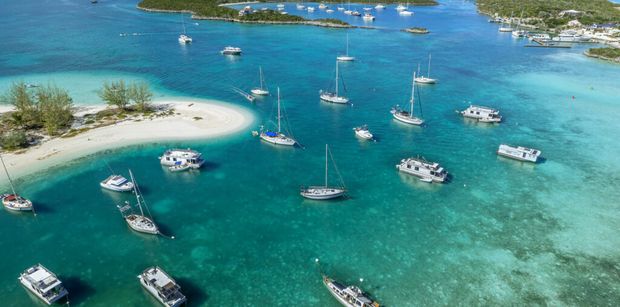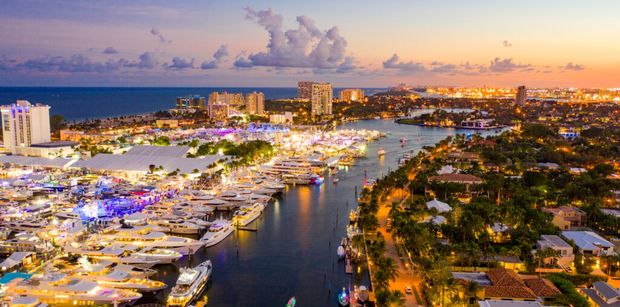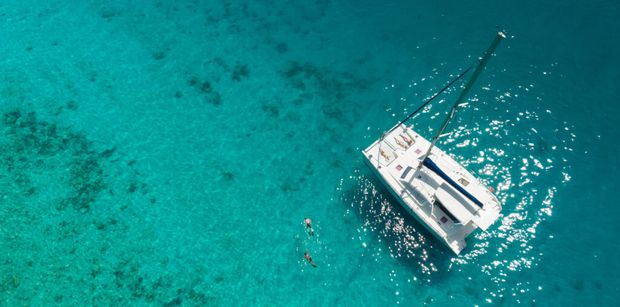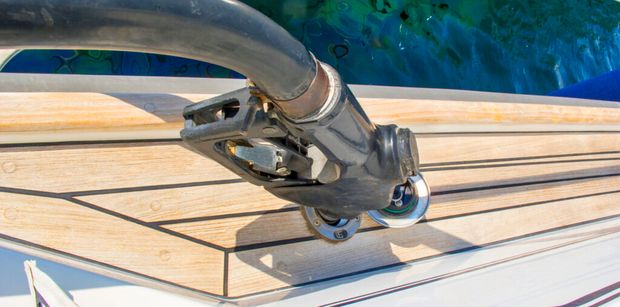Electric boats continue progressing in technology and popularity within the yacht charter sector. The technology enables a more sustainable alternative to traditional fossil fuel-powered vessels, offering reduced emissions, quieter operation, and typically longer-term reduced costs.
At Boatbookings, we proudly champion a range of electric boats within our greener crewed charter catamaran fleet. Here we take a look at the technologies and the benefits of them:
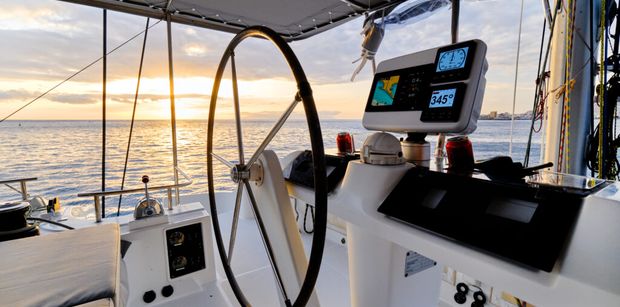
The Components Of An Electric Boat
The electric propulsion systems within electric boats replace traditional internal combustion engines (ICE) with electric motors, typically consisting of these main components:
Charger: This transfers electric energy from the electricity source to the battery bank, replacing the need for a traditional fuel source.
Batteries: The energy storage system is crucial for electric boats. Lithium-ion batteries are the most common choice due to their high energy density, long lifespan, and ability to handle frequent charge-discharge cycles. Recent advancements in battery technology have significantly improved both range and performance, making electric boats increasingly viable for longer cruises.
Charge & Motor Controllers: Charge controllers regulate the amps and voltage during the transfer of electricity to the battery according to the battery’s specification before sending it to the battery bank, while the motor controller coordinates the motor’s speed, torque, and direction.
Electric motor: Unlike combustion engines, electric motors convert electrical energy from the battery directly into mechanical energy, to power the propulsion
Propulsion unit: This moves the boat through the water using the mechanical power transmitted from the electric motor.
There are far fewer moving parts than traditional enginers, which results in higher reliability, lower maintenance, and a longer lifetime.
Renewable Energy
Many electric boat designs also incorporate renewable energy sources to supplement battery power and extend range, such as:
Solar panels: Photovoltaic cells integrated into the boat’s surface can harness solar energy and continuously charge the batteries.
Wind turbines: Some boats have small wind turbines to generate additional power
Regenerative systems: When moving, the boat’s propeller can act as a generator, feeding power back into the batteries.
Advantages Of Going Electric
There are various areas for charter clients to consider when opting for an electric boat; here are some of the main advantages of a traditioanl combustion engine:
Reduced emissions: The main environmental benefit is the lack of emissions. Electric boats do not release harmful greenhouse gases, which contribute to climate change and ocean pollution.
Silent cruising: Electric boats operate quietly, offering a more tranquil charter experience. The absence of engine noise improves the quality of the experience and protects marine life and habitats.
Cost savings: There are considerable operational cost savings. Even for a week-long charter, you will not have to add a huge diesel bill to your overall costs. Electric propulsion systems are also much more efficient, converting a higher percentage of energy into propulsion.
The Future
The electric boat industry is developing rapidly, with many builders improving the technology, including safer and longer-lasting batteries and more powerful motors. As the electric boat industry increases in scale, the price will decrease, enabling the sector to offer electric boats across a range of budgets.
Regulations are also on the horizon, and traditional motors will soon be denied access to more waterways due to their emission and noise pollution. Therefore, switching to electric will future-proof your charter decisions.
Contact one of the Boatbookings team today to learn more about the best sustainable electric charter boats we have on offer and the benefits of chartering them for your next boating vacation.

